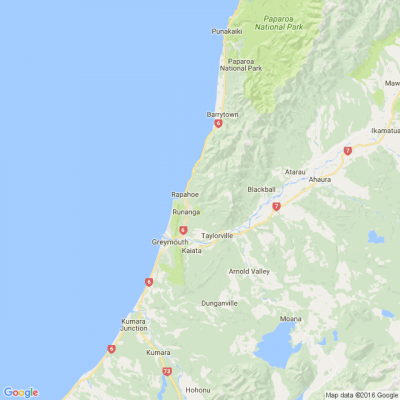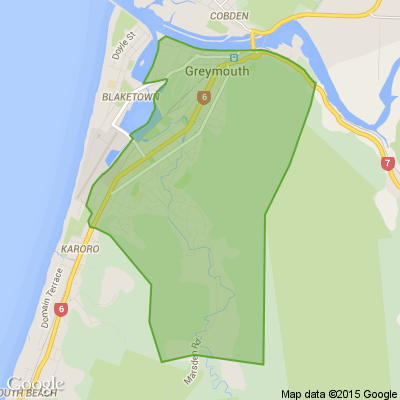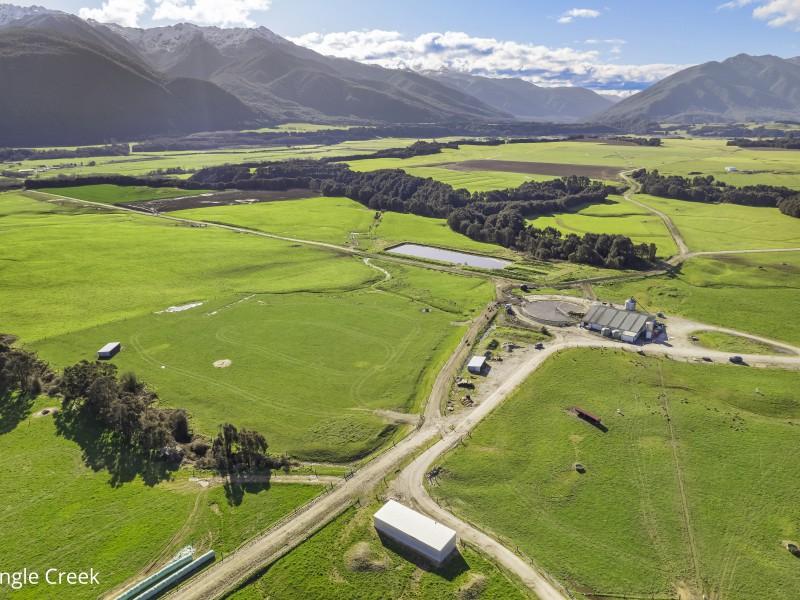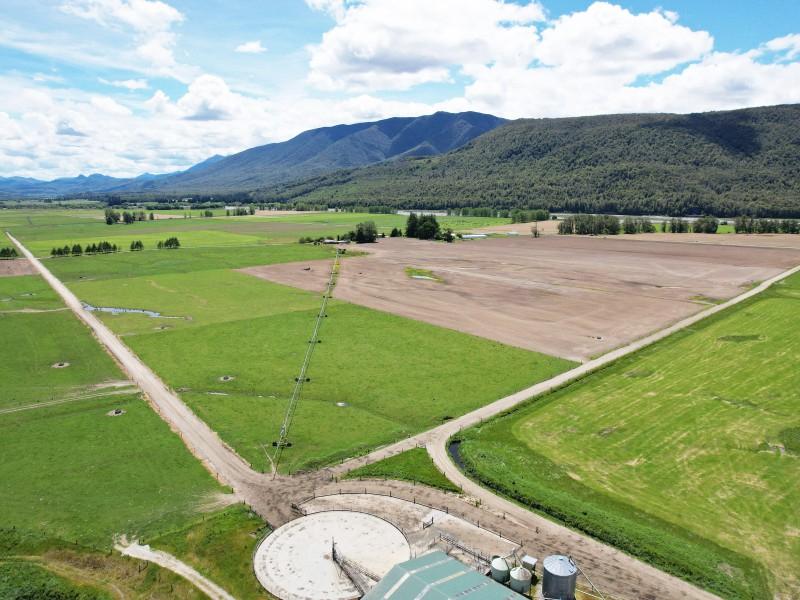Landslip just ‘nature taking its course ‘ Doc tells West Coast council
From local democracy reporter Brendon McMahon:
A landslip on conservation land that risks triggering a massive washout at Barrytown is just "nature taking its course".
West Coast Regional Council chief executive Heather Mabin relayed the response she had from the Department of Conservation (DOC) to the council this week following a meeting about a slip above the Granite Creek bridge on State Highway 6.
Barrytown resident Roger Reid has previously raised concern about the slip potentially having a major impact on both the highway and the settlement of Barrytown downhill of the bridge.
Reid's property is being eaten away by Granite Creek after a slip on DOC reserve into the creek behind his property a few years caused the creek to alter course.
He feared that if nothing were done the creek could either overtop his property or bypass the bridge and run down through the township.
Cr Brett Cummings raised a similar question at the council's Resource Management Committee meeting this week.
He asked who would be responsible if a tree on DOC land fell into a watercourse, dammed it, diverted it away from any stopbank and then affected adjoining private occupiers.
Mabin said she had sought clarity of that point with DOC.
"I had a conversation with [Western South Island director] Mark Davies of DOC around this particular issue, to do with Granite Creek and the fact that upstream there is a slip on DOC land that has diverted the creek.
"Eventually there's going to be a massive washout of debris ... that's going to go across the NZTA infrastructure, and the creek [bed]below the road is so high. The response was it was 'nature taking its course' and that DOC has numerous kilometres of creeks that border private land and infrastructure."
Mabin said the council approached DOC to try to get traction on the Granite Creek problem and the "pending situation" of the creek breaking out.
"I would suspect it would be much the same response to a tree falling on a stopbank," she said.
Davies was approached for further comment but declined.
Best way to use leftovers?
I'm sure you've got some excess ham at home or cold roast potatoes.
What are some of your favourite ways to use leftover food from Christmas day? Share below.

⚠️ DOGS DIE IN HOT CARS. If you love them, don't leave them. ⚠️
It's a message we share time and time again, and this year, we're calling on you to help us spread that message further.
Did you know that calls to SPCA about dogs left inside hot cars made up a whopping 11% of all welfare calls last summer? This is a completely preventable issue, and one which is causing hundreds of dogs (often loved pets) to suffer.
Here are some quick facts to share with the dog owners in your life:
👉 The temperature inside a car can heat to over 50°C in less than 15 minutes.
👉 Parking in the shade and cracking windows does little to help on a warm day. Dogs rely on panting to keep cool, which they can't do in a hot car.
👉 This puts dogs at a high risk of heatstroke - a serious condition for dogs, with a mortality rate between 39%-50%.
👉 It is an offence under the Animal Welfare Act to leave a dog in a hot vehicle if they are showing signs of heat stress. You can be fined, and prosecuted.
SPCA has created downloadable resources to help you spread the message even further. Posters, a flyer, and a social media tile can be downloaded from our website here: www.spca.nz...
We encourage you to use these - and ask your local businesses to display the posters if they can. Flyers can be kept in your car and handed out as needed.
This is a community problem, and one we cannot solve alone. Help us to prevent more tragedies this summer by sharing this post.
On behalf of the animals - thank you ❤️











 Loading…
Loading…























